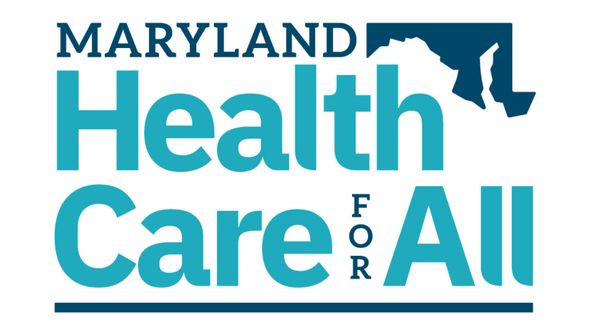By William J Ford
April 3, 2019
ANNAPOLIS — With less than a week left before the 90-day Maryland General Assembly ends Monday, it’s up to the Senate whether to create an independent board to oversee the costs of prescription drugs.
The House of Delegates on March 27 overwhelmingly approved the measure that supporters say would protect those against the high cost of prescription drugs and possibly the first state in the nation to create this five-member group known as the Prescription Drug Affordability Board.
The Senate may work from the House bill sponsored by Joseline Peña-Melnyk (D-District 21) of College Park and incorporate that into the Senate version from Sen. Kathy Klausmeier (D-Baltimore County) under review by the Finance Committee.
Meanwhile, television ads continue to air in various part of the state that features state, county and city officials who support the measure. The Maryland Citizens’ Health Initiative (MCHI), a nonprofit organization that pushes a health care for all agenda, not only launched those but also radio ads that included Prince George’s County Executive Angela Alsobrooks and Del. Darryl Barnes (D-District 25) of Upper Marlboro.
“We are hoping [the Senate] will pass the version that passed in the House,” said MCHI President Vincent DeMarco. “[Gov. Larry] Hogan understands the problems of high prescription drugs. We hope he will see this as the way to do it.”
Although Hogan agrees the cost of prescription drugs have become, but hasn’t come out on a stance for this legislation.
One change from the previous bill limits the board to only have jurisdiction over local and state governments on how much they pay for expensive medications and affect 300,000 people.
The measure would still assess the price of any new brand costing $30,000 or more per year, or wholesale acquisition increases of at least $3,000.
According to the bill, each member should have experience in health care economics and clinical medicine.
The independent body will be appointed by the governor, Senate president, House speaker and the attorney general. A chair will be chosen jointly by the Senate president and House speaker.
A 25-member “Stakeholder Council” would provide input to the board and include one representative from a statewide health care advocacy coalition, organization for seniors and a labor union.
One of the main sticking points rests with the board setting “an upper payment limit” on the drug, which opponents say represents another form of “price controls.”
Del. Christopher Adams, a Republican who represents part of the Eastern Shore, said the legislation should help all Marylanders and not just the 300,000 who work for the local and state governments when first implemented.
“”I would absolutely agree with the fact that we need to have prescription drug affordability, but I’m also a pragmatic business owner who looks at process and end results,” said Adams, who voted against the measure passed 98-40. “This bill doesn’t affect every Marylander.”
Joseline Peña-Melnyk (D-District 21) of College Park, who sponsored the House bill, said residents purchasing affordable prescription drugs remains one of the most important issues in the state.
In addition, she said pharmaceutical companies can submit evidence on drug prices and appeal any decisions made by the board.
“How can anyone get up on the floor and argue against it because they are concerned about Pharma?” she said. “It’s all about a balancing act and doing what’s right.”
Last modified: April 4, 2019


